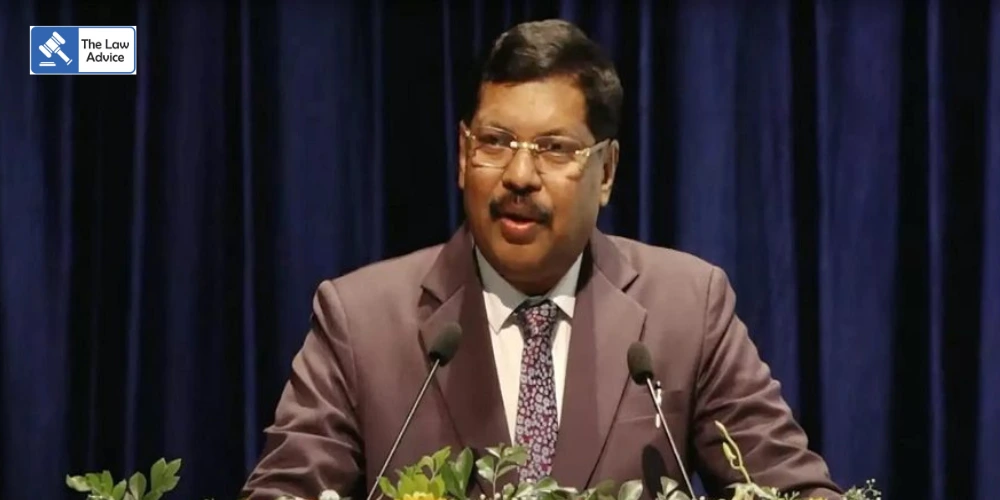
The Supreme Court on Monday took exception to the Union Government’s decision to file an application seeking that the petitions challenging the Tribunals Reforms Act, 2021 be referred to a five-judge Constitution Bench. The Court questioned the timing of the move—coming after detailed hearings before the current Bench—and wondered aloud if it was a deliberate “tactic” to avoid the ongoing proceedings.
A Bench led by Chief Justice of India B.R. Gavai, with Justice K. Vinod Chandran, was hearing the Madras Bar Association petition questioning the constitutional validity of the 2021 Act.
When Attorney General for India R. Venkataramani informed the Court about the reference plea, CJI Gavai remarked, “We don’t expect the Union of India to indulge in such a tactic.” The Attorney General immediately objected, saying, “With great respect, please don’t call it a tactic.” The CJI replied, “It is… after we’ve heard one side fully, after accommodating the learned AG on personal grounds.”
The Court clarified that it would allow the Centre to conclude its arguments before deciding if the case warranted referral to a larger Bench.
Senior Advocate Arvind Datar, representing the petitioner association, flagged serious issues with tribunal appointments, pointing out that merit lists were being scrapped and fresh selections ordered repeatedly. He also highlighted cases where candidates from the waiting list were appointed over those in the merit list.
Responding to these concerns, the Attorney General said that tribunal appointments depend on a range of practical considerations—such as candidates declining offers—and clarified that the Government had never endorsed preferring the waiting list over merit. “We operate in a system where people apply to multiple tribunals and sometimes withdraw. These are practical contingencies,” he said.
Venkataramani also urged the Court to allow the new system to function for some time before passing judgment on its efficacy. “Let the law work, let the process mature. These are matters that can be fine-tuned with experience,” he submitted.
However, the CJI questioned how this argument aligned with the Government’s move to refer the matter to a Constitution Bench. The AG clarified that the request had “no direct bearing” on the question of constitutionality, asserting that there was no intent to delay proceedings.
He maintained that the law had been framed after extensive deliberations and that any minor procedural issues could be corrected over time without striking down the statute itself.
The Bench also discussed the Act’s provision mandating a minimum age of 50 years for appointment as Chairperson or Member of a tribunal. CJI Gavai noted that he had become a judge at 42 and, under this provision, would have been deemed ineligible. The Attorney General responded that tribunal appointments operate under a distinct framework and require a different kind of professional experience than judicial appointments in High Courts.
The matter was adjourned for continued hearing.
Earlier, Senior Advocate Arvind Datar had criticized the Government’s repeated issuance of ordinances regarding tribunal administration and service conditions, arguing that they violated earlier Supreme Court directives.
Case Title: Madras Bar Association v. Union of India and Anr., W.P.(C) No. 1018/2021
Website designed, developed and maintained by webexy